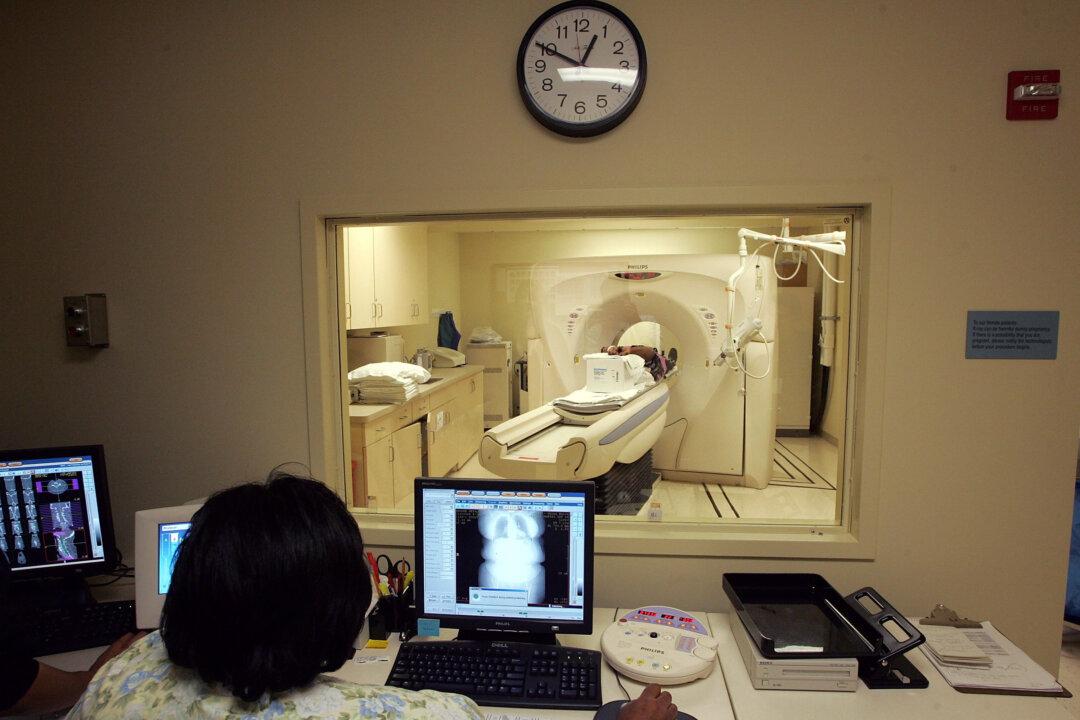LOS ANGELES—There is a promising new drug in the arsenal of doctors treating women with HER2 positive metastatic breast cancer, according to results of a study at the UCLA Jonsson Comprehensive Cancer Center released on Sept. 18.
The HER2-targeting antibody drug conjugate trastuzumab deruxtecan (T-DXd) significantly prolongs the length of time the disease is controlled and cancer growth is halted when compared to the current standard of care, trastuzumab emtansine (T-DM1), said researchers at the Presidential Symposium at the European Society for Medical Oncology Congress (ESMO).





